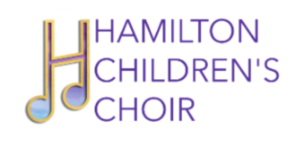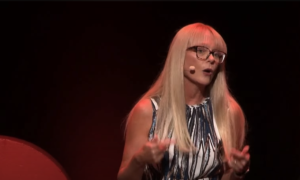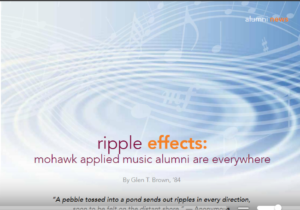By Shiona Mackenzie
“Why not Hamilton?” Filimone Mabjaia smiles. “This is an amazing city with a lot going on, but people sometimes live in isolated pockets and don’t have the chance to get to know each other.
“I appreciate connecting with people from different backgrounds and walks of life. At the same time, it’s nice to re-connect with my own heritage. Personally, I don’t want to have to go to Toronto to enjoy these things. And I know I’m not the only one feeling this way.”
Born in Mozambique, Mabjaia, along with a group of like-minded supporters, founded Matapa Music and Arts, a non-profit organization celebrating cultural diversity through the presentation of world music and arts festivals and education, after coming to Hamilton in 2010.
“Matapa helps local artists connect with international artists by creating possibilities for exchange. This is a long-term project. If, five years from now, people are saying ‘Oh, did you hear the music from that country? I love it!’, then I’ll feel we achieved something.”
Matapa is launching its first ‘Hamilton World Music Festival’, a free, outdoor festival, in Gage Park July 11 to 13.
“Gage Park has a great history in terms of the music scene and it’s an east Hamilton oasis with beautiful natural greenery and playgrounds for children,” Mabjaia explains. “Local people are looking forward to something new there and we’re happy to serve the community. The music will reflect different ethnicities.”
The Hamilton World Music Festival will feature more than 20 acts altogether, including international artists Kongero from Sweden, Frank Yamma and David Bridie from Australia, and Kakana from Mozambique.
First Nations performers Cheri Maracle and Shauit; as well as Hamilton based Celtic-Roots fusion band Scantily Plaid, (Ruth Sutherland; Allan Eaton; Stephen Fuller; Doug Feaver), and reggae band Riddim Riders, (Mike Rajczak; Franklin Joseph; Kaz Egashira; Brian Griffiths), will also take part.
Mabjaia says his top criterion for inviting artists to perform in the Festival is musical excellence, but he also looked at how they innovate based on traditional forms of music by blending in contemporary sound to make it modern.
“Another aspect I considered was that the performers should be professional, but I recognized that it can be hard to make a living as a musician,” he added. “We need to understand why that is and give homegrown talent a chance.”
Mabjaia understands that surviving in any challenging environment can be daunting, but connecting with others is a source of comfort.
“To be a newcomer with limited access to people from the same background or language can make a person feel left out. How can we help build trust and make our community the best place to be?
“Music can bring hope to those who are not yet connected,” adds Mabjaia. “With music from many different cultures in one place, diverse people can gather and say ‘Hello. How are you?’ A festival gives people something to strike up a conversation about. People can find others who understand their native language. People can take pride in their heritage.”
Sue Crowe Connolly, founder of Hamilton Sings! Community Choir, a mixed group that sings world music on Saturday mornings at St. Peter’s HARRRP, concurs: “Hamiltonians come from all over the world. Singing the songs we bring from our various heritages provides a wonderful opportunity to learn about and from each other, deepening our understanding of what is unique and what we have in common.”
 |
| Filimone Mabjaia with members of Scantily Plaid and Riddim Riders. |
As a boy in Mozambique, Mabjaia struggled to learn to sing and gave up. “I don’t sing well or play an instrument, but listening to music makes me happy,” he says.
“I believe music from around the world can inspire others to enjoy living in Canada every bit as much as I do today.”

.jpg)



